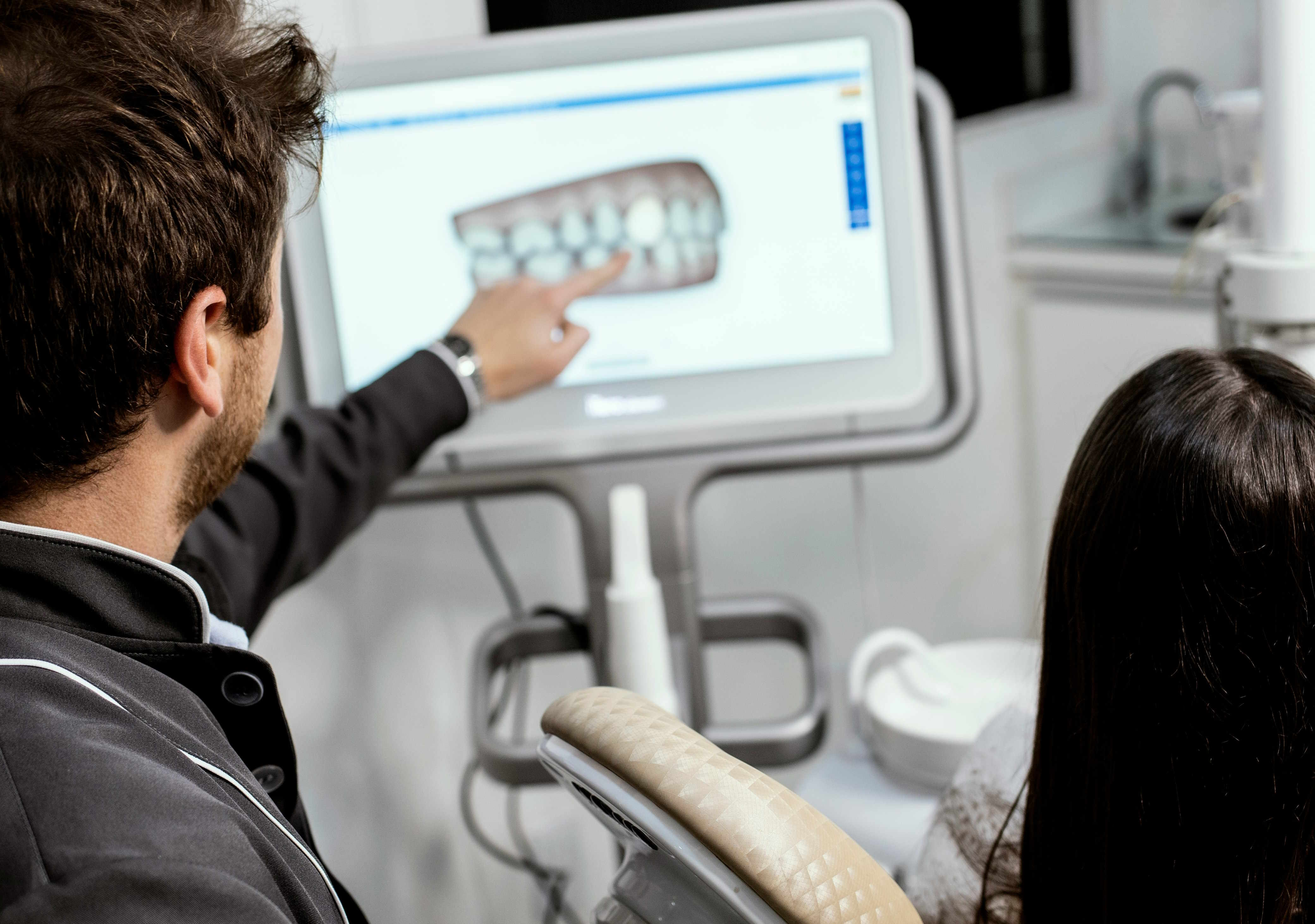Discover Top Dental Grant Opportunities for US Residents
Uncover valuable resources for accessing dental grant opportunities in the US. This article outlines practical ways for individuals to find and secure grants to help cover dental expenses. Whether you are seeking financial assistance for routine check-ups or more extensive procedures, these tips can point you in the right direction towards affordable dental care options.

What are dental grants and how do they work?
Dental grants are financial awards provided to individuals or organizations to help cover the costs of dental care. Unlike loans, grants do not need to be repaid. These funds are typically offered by government agencies, non-profit organizations, and private foundations. Dental grants can cover a wide range of services, from routine check-ups to more complex procedures like orthodontics or oral surgery.
Who is eligible for dental grants in the United States?
Eligibility for dental grants varies depending on the specific program and provider. Generally, dental grants are aimed at individuals who demonstrate financial need or belong to underserved populations. Common eligibility criteria may include:
-
Low-income status
-
Lack of dental insurance
-
Specific age groups (e.g., children, seniors)
-
Veterans or military families
-
Individuals with disabilities
-
Residents of rural or underserved areas
It’s important to carefully review the requirements for each grant opportunity, as they can differ significantly.
What are some top dental grant programs available to US residents?
Several dental grant programs are available to US residents, each with its own focus and eligibility criteria. Some notable options include:
-
The Dental Lifeline Network’s Donated Dental Services (DDS) program: This nationwide program provides free dental care to elderly, disabled, or medically fragile individuals who cannot afford necessary treatment.
-
The American Dental Association Foundation’s Give Kids A Smile program: This initiative offers free dental services to underserved children across the country.
-
The Smile for a Lifetime Foundation: This organization provides orthodontic care to individuals who may not otherwise have access to such treatments.
-
The Samuel Harris Fund: Administered by the American Dental Association Foundation, this grant supports dental public health projects and initiatives.
-
State-specific dental grant programs: Many states offer their own dental assistance programs for residents, such as California’s Denti-Cal program or New York’s Medicaid dental coverage.
How can US residents find and apply for dental grants?
Finding and applying for dental grants requires some research and effort, but the potential benefits make it worthwhile. Here are some steps to help you locate and apply for dental funding opportunities:
-
Start with local resources: Contact your state or county health department to inquire about dental assistance programs in your area.
-
Check with dental schools: Many dental schools offer reduced-cost care and may have information about grant programs.
-
Explore non-profit organizations: Research dental charities and foundations that operate in your region or focus on your specific needs.
-
Utilize online grant databases: Websites like Grants.gov and FoundationCenter.org can help you search for dental grant opportunities.
-
Consult with your dentist: Your dental care provider may be aware of local grant programs or be willing to work with you on a payment plan.
When applying for dental grants, be prepared to provide detailed information about your financial situation, dental needs, and any relevant medical conditions. Follow application instructions carefully and submit all required documentation promptly.
What other financial assistance options are available for dental care?
In addition to dental grants, US residents can explore other avenues for financial assistance with oral health care:
-
Dental savings plans: These membership-based programs offer discounted rates on dental services from participating providers.
-
Sliding scale fees: Some dental clinics offer reduced fees based on your income level.
-
Payment plans: Many dental offices allow patients to spread out the cost of treatment over time.
-
Credit options: Some financial institutions offer healthcare-specific credit cards or loans for medical and dental expenses.
-
Crowdfunding: Online platforms like GoFundMe can help individuals raise funds for necessary dental treatments.
How much do dental procedures typically cost without financial assistance?
Understanding the potential costs of dental procedures can help illustrate the importance of dental grants and financial assistance programs. Here’s a general pricing guide for common dental treatments in the United States:
| Procedure | Estimated Cost Range |
|---|---|
| Routine cleaning and exam | $75 - $200 |
| Dental filling | $100 - $300 per tooth |
| Root canal | $700 - $1,800 per tooth |
| Dental crown | $800 - $1,700 per tooth |
| Tooth extraction | $75 - $600 per tooth |
| Full set of dentures | $1,000 - $3,000 |
| Dental implant | $3,000 - $4,500 per tooth |
Prices, rates, or cost estimates mentioned in this article are based on the latest available information but may change over time. Independent research is advised before making financial decisions.
These costs underscore the significance of dental grants and financial assistance programs in making oral health care more accessible to US residents. By exploring the various grant opportunities and assistance options outlined in this article, individuals can take important steps toward maintaining their dental health without facing overwhelming financial burdens.




